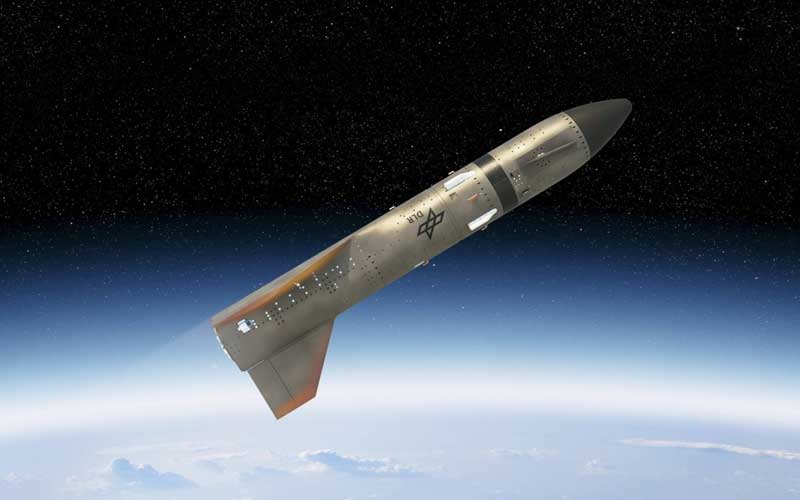
German space agency DLR has confirmed that the launch of its subscale reusable flyback booster demonstrator has been delayed to no earlier than 2025.
The Reusable Flight Experiment (ReFEx) demonstrator was conceived to facilitate the acquisition of design and operational experience with a winged reusable rocket first stage. The demonstrator has a length of 2.7 metres, a wingspan of 1.1 metres, and a mass of approximately 450 kilograms.
After being launched from the Koonibba Test Range in Australia aboard a Brazilian VSB-30 sound rocket, ReFEx will complete the mission return phase on a trajectory that will be comparable to that of a returning winged first stage. During this phase, the demonstrator will transition from hypersonic speeds to subsonic flight before touching down on its belly.
DLR began work on ReFEx back in 2017. At the time, the agency projected that the demonstrator could be launched as early as 2021. In November 2023, it announced that it had completed the ReFEx structural model and that final testing was underway leading up to a 2024 launch.
In May 2024, South Launch, the company that manages the operation of the Koonibba Test Range, updated its launch schedule, pushing the launch of ReFEx from 2024 to 2025. This change was confirmed by DLR on an updated project page published last month.
ReFEx is not the only European reusable rocket demonstrator to have confirmed launch dates pushed from 2024. The first flight of Themis is now scheduled for 2025, and the debut of Callisto is not expected until late 2025 or early 2026. This does give the impression that the continent’s space agencies have a distinct lack of urgency in their effort to develop a sovereign reusable launch vehicle capability.




